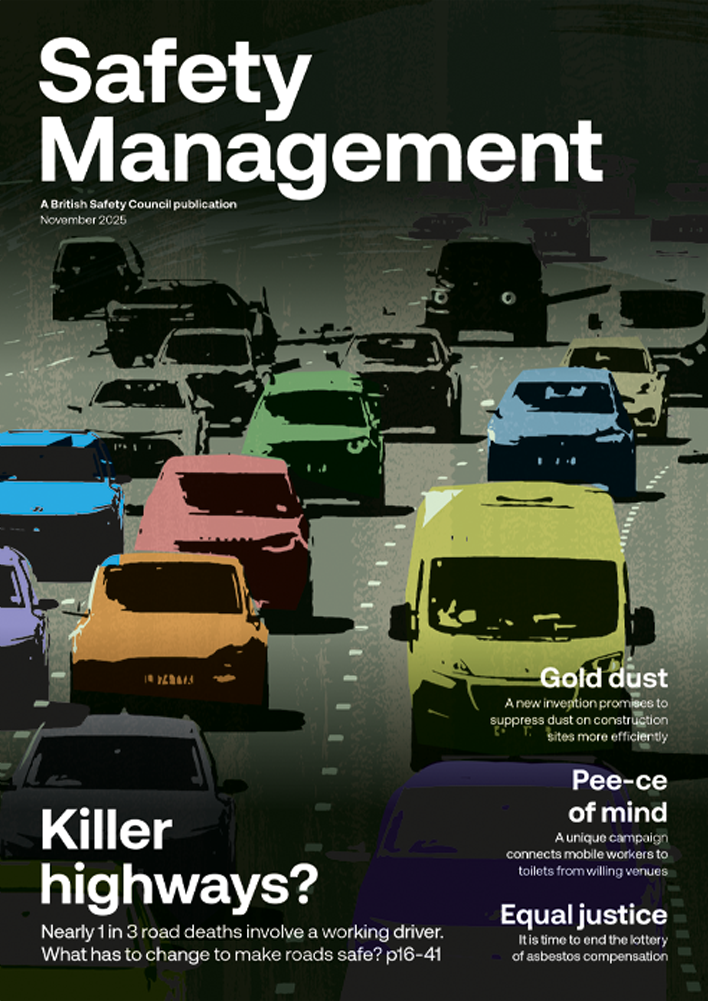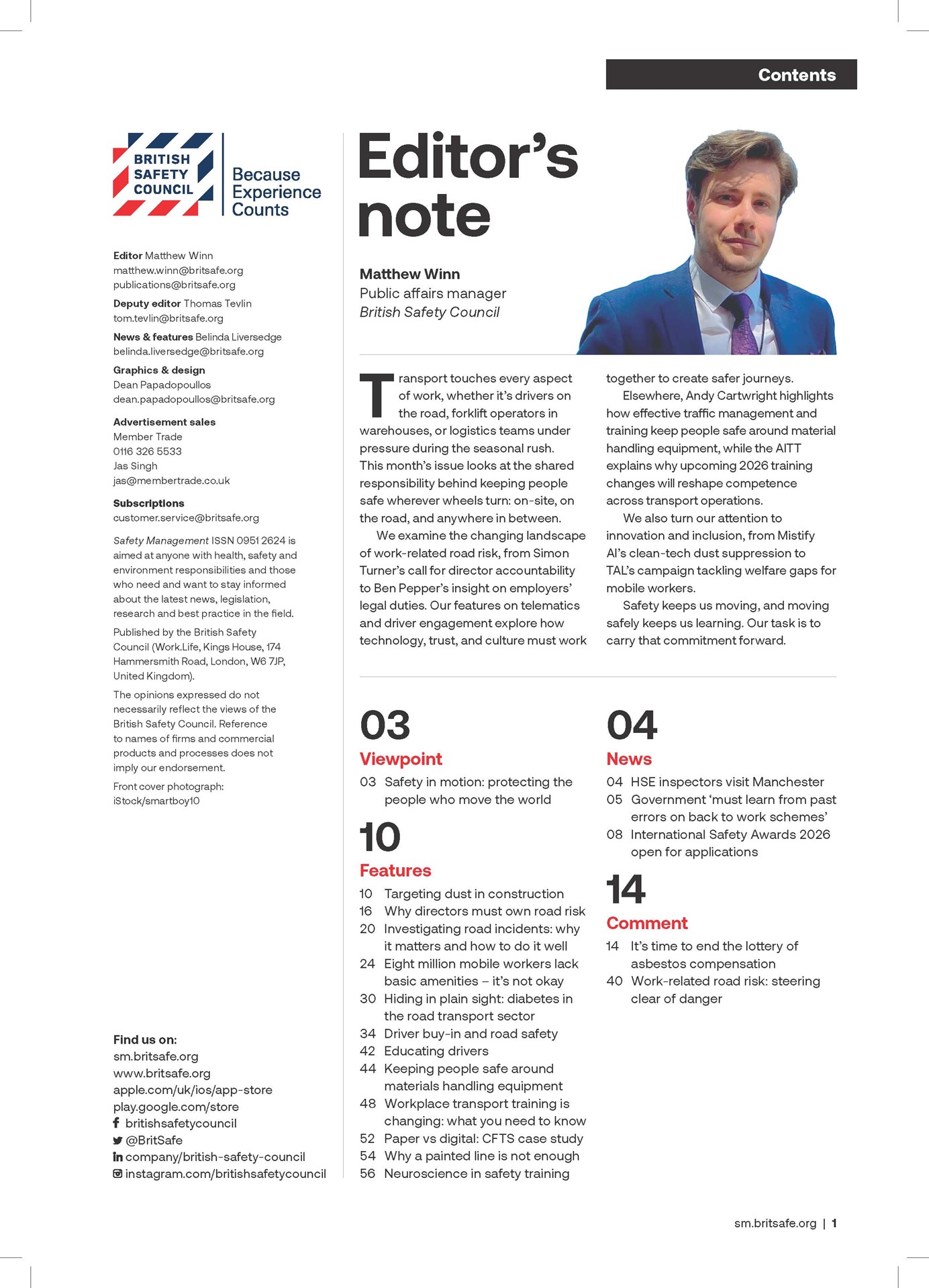Health care settings in the UK, including hospitals and care homes, are so short-staffed that nursing staff are continuing to work while unwell; with stress as the leading cause of illness hitting an eight-year high, a Royal College of Nursing (RCN) survey has revealed.
News
Workforce shortages within nursing causing nightmares and panic attacks, warns RCN
Recent phone calls to the RCN advice line also show that nursing staff are suffering nightmares, panic attacks and exhaustion because of unsafe staffing levels, with the advice line set to receive its highest number of calls about staffing issues since 2022.
The nursing union is now calling for what it calls urgent investment to grow the workforce as nursing staff's stress levels hit an eight-year high.
It comes ahead of its forthcoming employment survey – to be released in full next month – which will find that two thirds (66 per cent) of nursing staff admit to working when they should be on sick leave – multiple times a year, up from fewer than half (49 per cent) in 2017.
 Two thirds (66 per cent) of nursing staff say they often work when they should be on sick leave. Photograph: iStock
Two thirds (66 per cent) of nursing staff say they often work when they should be on sick leave. Photograph: iStock
Stress is the biggest cause of illness given by staff in the survey (65.1 per cent), which went to 20,000 nursing staff across the UK. The numbers reporting working while sick and citing stress as the leading cause both hit eight-year highs.
The survey also revealed unsustainable pressures on staff that are being felt across the UK and in all settings. Seven in ten (70.4 per cent) are working more than their contracted hours at least once a week, with around half (52.1 per cent) doing so unpaid.
RCN’s chief executive, Professor Nicola Ranger said: “Nursing staff are being driven to ill health from working in understaffed and under-resourced services. And what’s worse, many feel they cannot take time off for fear of leaving their colleagues at the mercy of brutal pressures. This simply isn’t sustainable.”
The findings highlight the “impossible task” of working in health and care services where there are too few nursing staff to meet demand, said the RCN.
The situation is not only harmful to patients but also “detrimental to the mental and physical health of nursing staff,” read the press release.
The RCN is leveraging the findings to call for new investment to grow the nursing workforce, alongside the introduction of minimum, safety-critical nurse-to-patient ratios across all health and care settings.
“These findings are yet more cold, hard evidence that there are simply too few nursing staff to meet growing demand. New and urgent investment is desperately needed to grow the nursing workforce, ensuring staff are able to work in a safe environment and that patients get the best care. This must be accompanied by the introduction of safety-critical nurse-to-patient ratios in all health and care settings," continued Ranger.
NEWS

Workforce shortages within nursing causing nightmares and panic attacks, warns RCN
By Belinda Liversedge on 19 November 2025
Health care settings in the UK, including hospitals and care homes, are so short-staffed that nursing staff are continuing to work while unwell; with stress as the leading cause of illness hitting an eight-year high, a Royal College of Nursing (RCN) survey has revealed.

First workplace standard to address suicide awareness is published
By Belinda Liversedge on 07 November 2025
BSI has today published BS 30480, the UK’s first-ever national standard to help workplaces prevent and respond to suicide.

Mayfield proposes ‘new deal’ for workplace health in final report to government
By Belinda Liversedge on 06 November 2025
Sir Charlie Mayfield’s independent report for the government has set out a plan to get hundreds of thousands of "economically inactive" people in Britain into work and prevent more from quitting.



